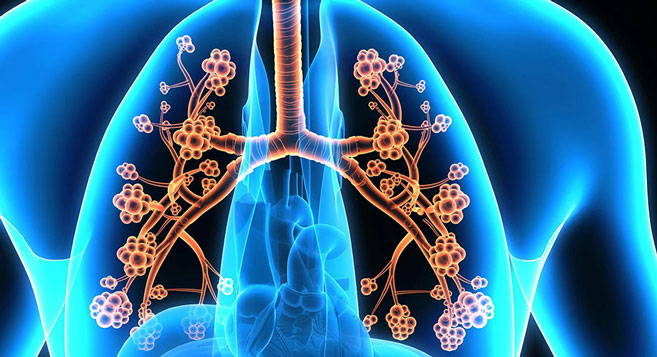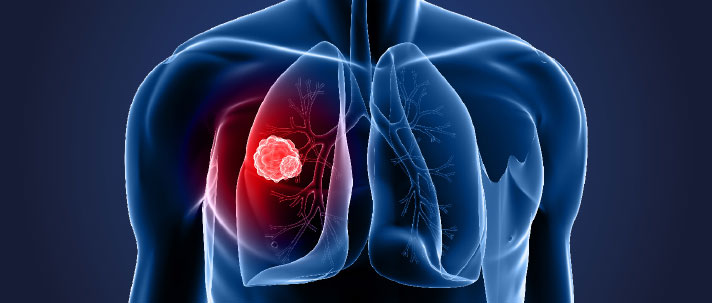FAQs About Lungs

The life of every living being is its breath and the important role in human breath depends on the health of the two lungs. Along with the priority of the lungs or lungs, the health and normal functioning of the nostrils, mouth, pharynx, larynx, trachea (respiratory tubes), (Bronchi & Bronchioles) are very important for these breaths.
When someone sneezes on your mouth or blows the nose in front or shows the problem of wiping the cold, then often the so-called educated people start feeling their fear of covid because everyone knows the importance of respiratory health.
Air pollution, smoking, burning of garbage, unwise use of chemical elements and continuous smoke coming out of such factories, increasing use of radioactive elements, house dust, use of different types of toxic odors are the cause of giving psycho-emotional stress to others more than oneself. Such examples are becoming a trend, giving toxic environment to our lives
It is clear that oxygen is needed for lung health. Life is related to the thread of breath, so when obstacles start coming in case of breathing, it is important to get your facts right and work towards healthy lungs
What are the major types of lung diseases?
We can get diseases of each respiratory system like Bronchitis, Emphysema, Cardio-respiratory disease, Hypertension, Constriction of blood vessels, Asthma, Tuberculosis, DVT (Deep Vein Thrombosis), Pulmonary embolism, Lung Cancer, Stroke, COPD (Chronic Obstructive) Pulmonary Disease), which is the third major cause of national mortality and not to forget the COVID which is increasing the problem of lung diseases globally.
What are the irreversible causes of lung diseases?
Pulmonary Hypertension, Occupational Lung Disease, Interstitial Lung Disease, causing irreversible damage to the respiratory tract, reducing the total respiratory capacity of the lungs, and there is no complete cure for such diseases, only partially dilating the respiratory tract and shortening the breath. Only part-time relief can give medicine.
Among these lung diseases, diseases like Asthma, COPD, ILD (Interstitial Lung Disease), Pneumonia, Tuberculosis (TB) have been mainly counted in India. Pulmonary Fibrosis, according to the survey, accounts for 15 percent of pulmonary diseases in medical practice.
What are the warning signs of lung diseases?
Chronic cough: Cough lasting more than a month
Shortness of breath: Shortness of breath, shortness of breath even with little exertion or effort.
Persistent build-up of mucus: More than one month sputum, persistent build-up of mucus, and obstruction of respiratory flow.
Wheezing in-breath: Wheezing or some sound that sounds like obstruction while breathing.
Blood in sputum: Cough or blood in sputum.
Chronic pain in the chest: Pain in the chest for more than a month without injury, throbbing, and especially while breathing.
Suffering from any known respiratory disease: Shortness of breath with history of Asthma, Tuberculosis, etc.
In case of such symptoms, breathing difficulties should be recognized and medical advice should be sought immediately.
What measures should be taken to keep lungs healthy and free from diseases?
For proper medical advice and immediate diagnosis of your disease, get tested soon with the following information.
All your prior medical and investigation reports.
List the medicines that you may be taking, have taken, or may have missed.
Details of hospitalization, if any.
List your troubles so that the trouble which is troubling you the most
Past history of any part of the respiratory system, tissues, respiratory tract, nasal passage, trachea, bronchi, bronchioles, alveoli, pleura, and pleural cavity, nerves, or muscles of the respiratory system, chest injury, accident.
It is necessary to inform the new doctor about common colds like Upper Respiratory Disorder or Pneumonia like Lower Respiratory Disease or if there has ever been a treatment for a disease like cancer.
What are the essential diagnoses in cases of lung disease?
According to the advice of the doctor for respiratory distress, the following tests are helpful:-
Blood Test
Sputum Check
Bronchoscopy
Chest X-ray
CT
PFT (Pulmonary Function Test)
Ventilation-Perfusion Scan
Ultrasound
Medical Examination

How can I be alert in case of lung functioning?
Reduction of Forced Vital Capacity (FEV & FEV1)
A decrease in the total lung capacity to less than 80 percent of the expected indicates restrictive lung or prevents proper expansion of the lungs.
Normal breathing rate is higher in a woman than in a man.
How quitting smoking can help the lungs to stay healthy and disease-free?
Tobacco-free cigarettes, willpower counseling, information awareness, and a sense of
responsibility can get rid of this addiction. Health organizations also run a number of smoking cessation programs. One study says that within 12 hours of quitting smoking, the level of CO (carbon monoxide) in the bloodstream or bloodstream returns to normal, improving lung conditions.
Within a year, the increased chance of heart disease starts decreasing and the health of the body and mind starts increasing.
Quitting smoking along with regular physical exercise, posture, running, etc. exerts more oxygen to the lungs.
How does exercise help to keep lungs healthy?
It is proven from research that during physical exercise, 15 breaths per minute increases to 40-60. Exercise causes the rib muscles to contract and dilate, facilitating the normal transport of oxygen and carbon dioxide to the alveoli of the lungs. avoid air pollution.
What are the symptoms of respiratory disease?
Short breath
Wheezing
Persistent cough
Soreness in the chest area
Swelling of the toes
Sore throat due to soreness and swelling
Coughing up blood
Change in voice
Body pain
Tiredness
Why do we fall prey to respiratory diseases and infections?
Due to poor lifestyle, some changes in diet, routine, people are at increased risk of many diseases today. They are most prone to respiratory diseases in which the COVID is topping the list. It is advisable to give priority to lung health to avoid respiratory disease (respiratory disease).
It is difficult to avoid serious diseases such as lung cancer, asthma, and COPD. But, some changes in lifestyle, eating habits, routine, and health insurance can help you lead a normal life. If you are also suffering from any lung disease, then you should immediately consult your doctor and take the required treatment.
Also, make sure to keep your immunity levels at their best to keep all the respiratory infections and diseases at bay.
How to prevent respiratory diseases?
For the prevention of respiratory diseases, take special care of these things:
Know about the symptoms of respiratory disorder and consult a doctor and take medicines.
Keep a peak flow meter to check your breathing.
Avoid smoking, dust, animal fur, cold air, flu, and anything else that triggers asthma.
Correct weight, daily exercise, and yoga postures can also help prevent respiratory diseases Use air purifiers, inhalers, nasal sprays, and masks.
Keep yourself away from respiratory diseases caused by dust, germs, and pollution.
Wash hands thoroughly before and after meals.
Cover your mouth and nose while coughing and sneezing so that germs do not spread.
Eat a healthy diet of vegetables, fruits, including nuts, dairy, and poultry.
Opt for comprehensive health insurance plans that cover your treatment expenses and also give you financial security
Call (469) 545-9983 if you’re experiencing difficulty breathing. Our expert pulmonologists will take care of you.
Post Covid Syndrome vs. Fatigue
While COVID-19 is a short-lived disease in most people, others experien...
Post Covid Syndrome vs. Skin Weakness Problems
A new study illustrates that some patients with COVID-19 disease have continuous skin-associated symptoms...
RELATED BLOGS
